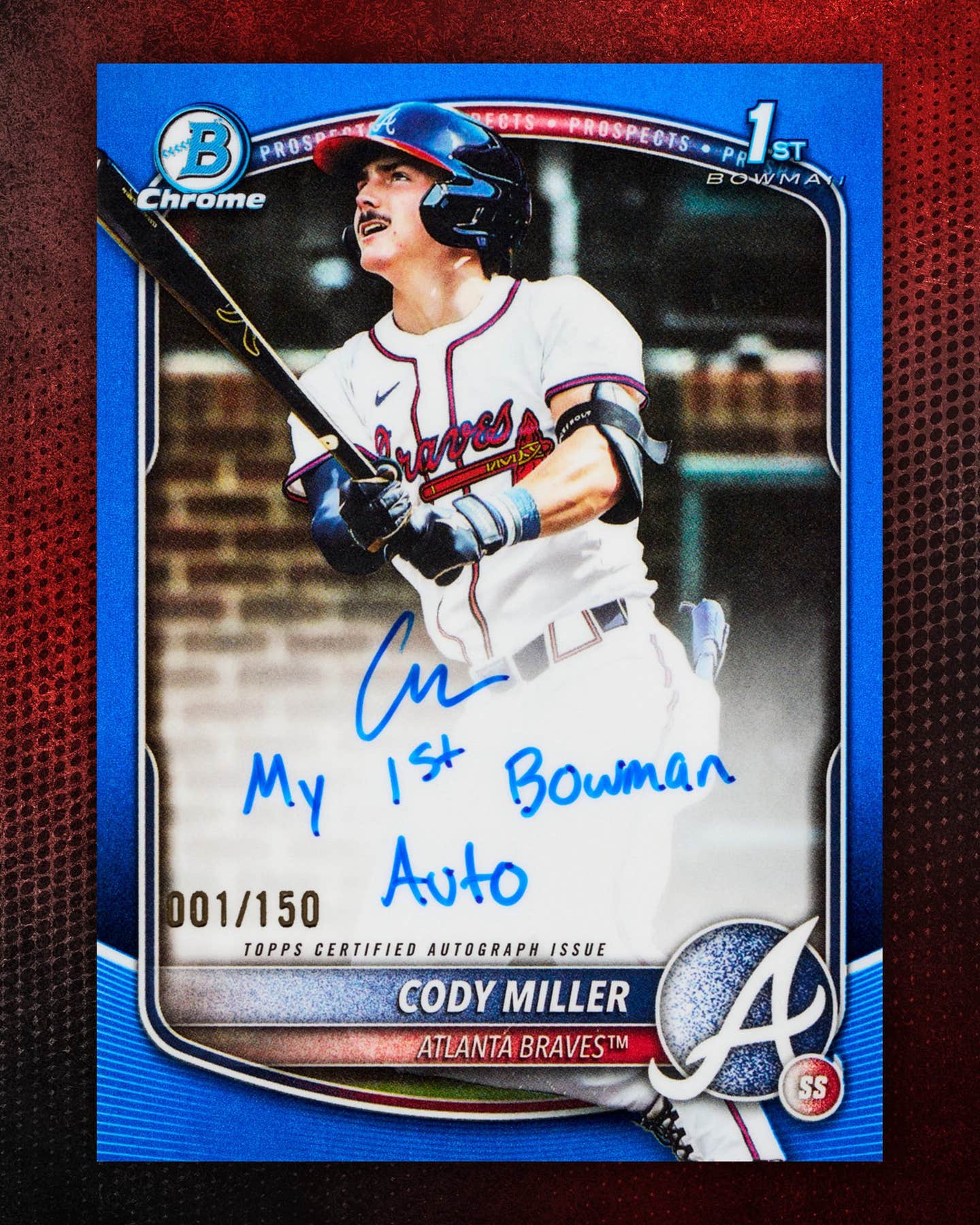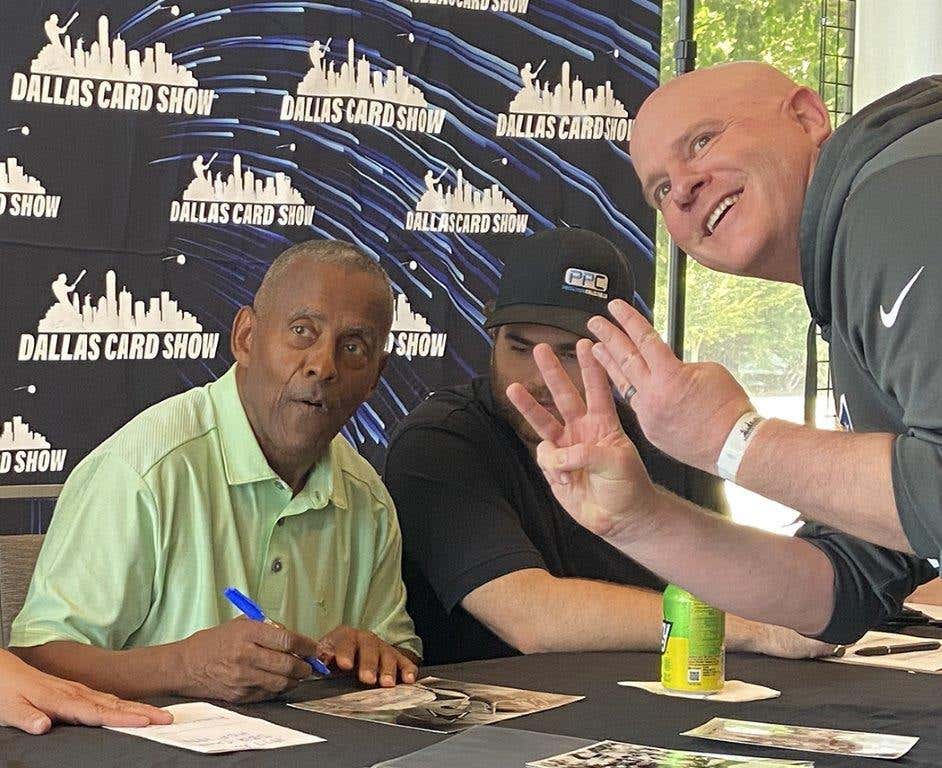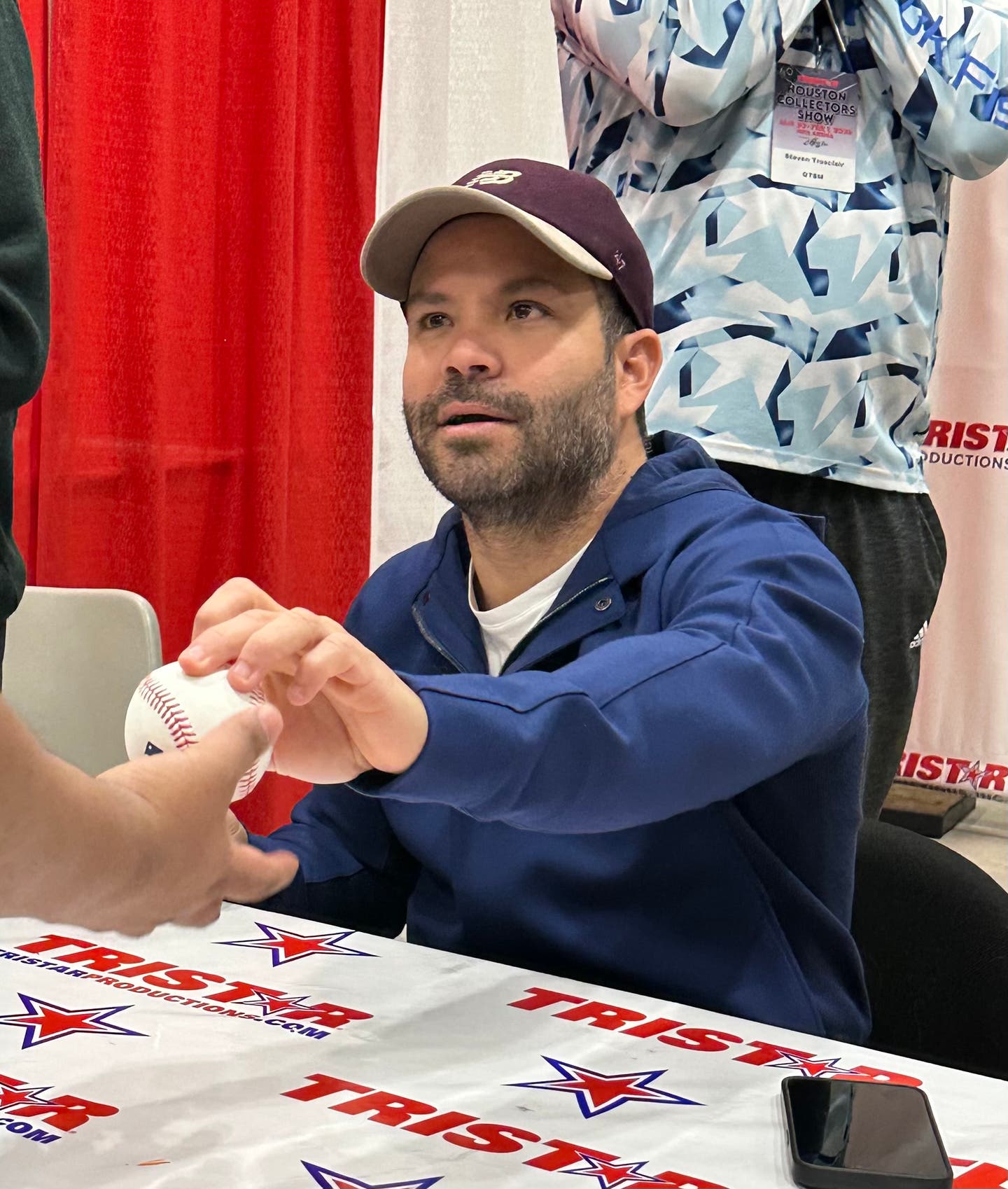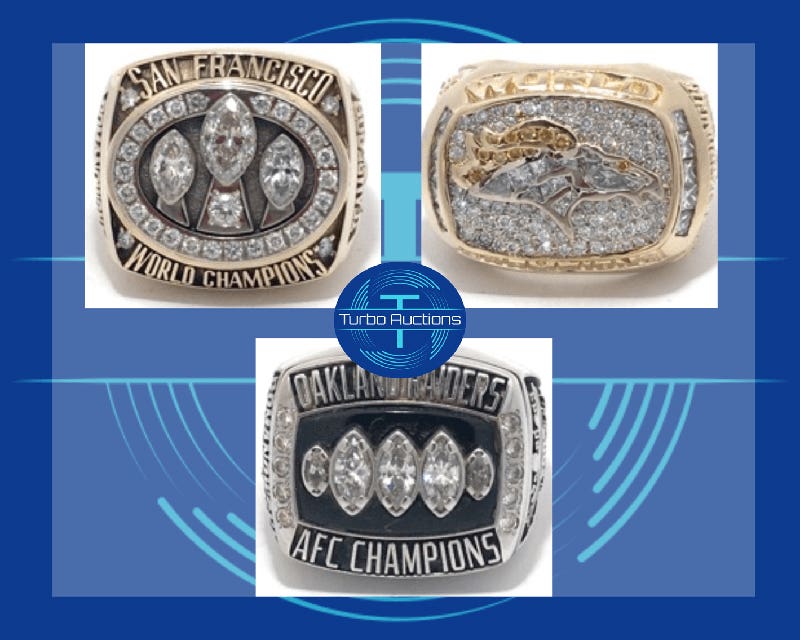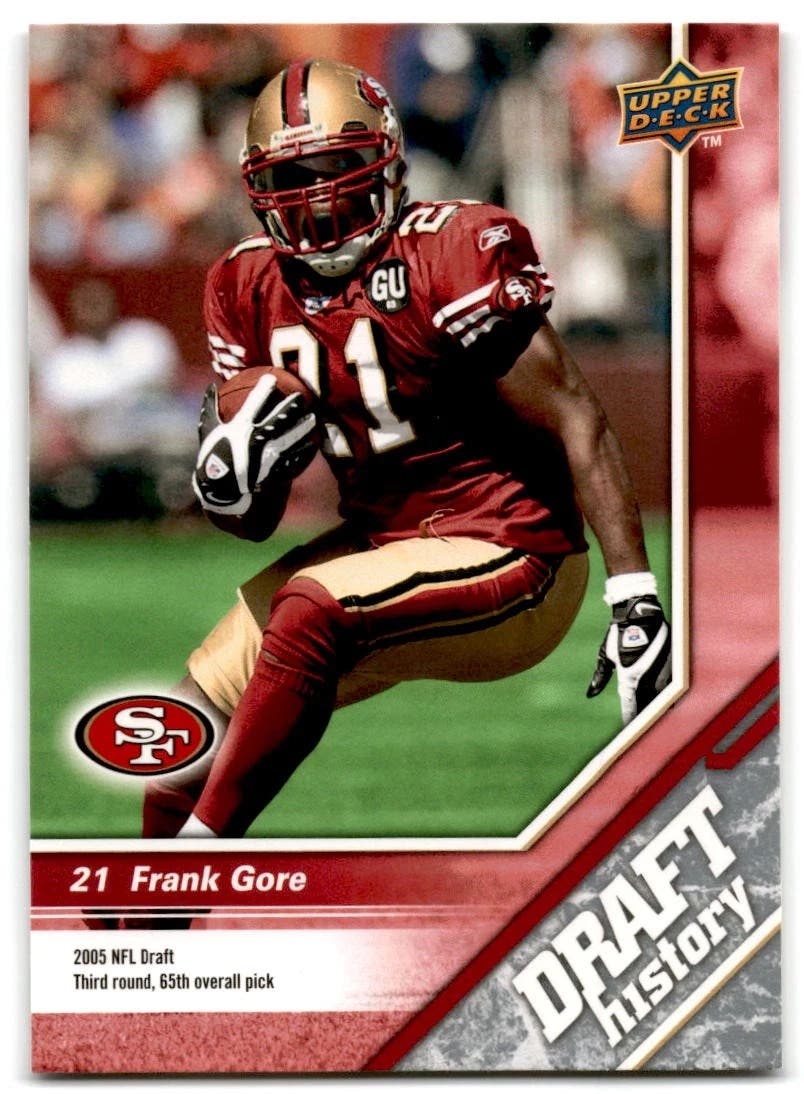Features
Hall’s Nostalgia Has Ridden the Roller Coaster of the Hobby
By Chris Tripler and Margaret Banker
The Early Years
If you are or were a collector of baseball cards or baseball memorabilia in New England within the past 45 years, you probably heard about or maybe even bought from the Hall Nostalgia family of memorabilia businesses.
For readers of SCD, Hall’s relationship dates back to the late 1970s when the back covers would be adorned with their offerings and card services as a catalog business. Hall’s has been an institutional part of collecting for many years across the country, but especially in New England. David Hall and his brother, Joel, with help from their accountant father, Walter, opened Hall’s Nostalgia on March 15, 1976, in Arlington, Mass. The store was the brainchild of Joel and a family endeavor for the decades to come. David was 18 years old, and his brother Joel, 16, felt that they were at the time opening the first, free-standing baseball card and sports memorabilia store in the U.S. They named the store Hall’s Nostalgia, which was inspired by a Life magazine cover playing on the idea of a different era of pleasant memories.
David started collecting cards when he was 10 in 1967 because of his love of the Red Sox and the “Impossible Dream” season. Like many in that era and before him, David spent time with the cards, from flipping to putting them into bicycle spokes; the icon of card collecting that continues to have its own nostalgic run. He recalls a time when he travelled with his brother and father to the New York City card show in 1973, in which Joel purchased a T206 Ty Cobb for $2 and a Goudey Ruth for $11.
David continued to collect through his high school years, and as he began at Bentley College, he opted to use his collecting expertise to start the business. David primarily sold cards and memorabilia to kids and, with no surprise, to older men who had left the hobby in the 1950s and 1960s. As a stand-alone store, many had questioned how well they might do, though a market was clearly developing. David saw this firsthand at the 1979 Philly show in which cards were bought on one side of the show and flipped for nearly twice as much on the other. That year was also remarkable for obtaining the gift of a complete Ted Williams uniform from the son of Williams’ dentist.
A time of expansion: the 1980s
In 1979, the first price guides started hitting the book stores across America, making the business that the Halls were working in more respectable. To meet the coming demand for cards, the Halls opened their second store in Lynn, Mass., in 1980. David recalls that the advent of “value” to cards helped motivate buyers and sellers, which was great for business, though in those early years it had been a boom-or-bust cycle. Most collectors were still in the mindset that trading was a purer form of collecting the cards, instead of buying cards directly. But, by the mid-1980s, Beckett started to come out with its monthly price guides, throwing the card business into the same conversation as stocks and bonds, and suddenly cards had investment potential. Hall’s Nostalgia was now ensconced in a legitimate business venture, and things really started to take off.
In the mid-’80s, the Halls were approached with an opportunity to purchase a complete, Mint 1915 Cracker Jack set, which they promptly did. At the time, the prices were just beginning to settle in, and at book value, they were able to buy the Cracker Jack set for just under $1,000. Since Hall’s Nostalgia was still establishing itself as a business, and because it was not heavily capitalized and in need of a new business vehicle, many painful choices were made to make the business successful. In retrospect, the selling of the 1915 Cracker Jack “Shoeless” Joe Jackson for $200 was purely a business decision that David wishes he hadn’t had to make. David imagines the possibilities even today.
By the mid-to-late-’80s the card boom was in full swing, and card stores were in nearly every town in New England. Along this time, Walter and Joel helped put together the well-known Greater Boston Collector’s Club show held at the Shriner’s Auditorium, in Wilmington, Mass.
To create another revenue stream, as well as provide another experience for buyers of higher-end memorabilia, the Halls decided to conduct auctions. On Feb. 2, 1985, Hall’s Nostalgia ran its first auction sale at the Knights of Columbus in Arlington. The auction proved to be highly successful, bringing in new business to the store and reaching out to an ever-widening pool of clientele. Business was so intense that there were times when the family would travel to card shows and close the stores, only to find notes taped to the store demanding to know where they had gone! As the 1980s progressed, competition was fierce, and the Halls decided that the business needed another element to reach the market of buyers in a more engaged way. In 1988, the Halls had their first card show at the Wakefield Colonial Hilton, bringing together dealers from the area. The local card show was still a relatively novel and successful idea, which the Halls promoted and ran with great acclaim for years. In 1990, the card show was moved to the Peabody Holiday Inn and became known as the Boston-Peabody Classic, drawing national dealers and card collectors until the last show in December 2000.
The auction years: the 1990s
The Halls rode the strong wave of hobby interest into the beginning of the 1990s. David tells of how during this time the market for newer cards was stronger than vintage simply because of the sheer number of younger collectors following baseball and the home run chases. As the overproduction caught up with the beginning portion of the decade, and the younger collector’s attentions shifted to computers and video games, there was a noticeable decline in the value and interest in the newer cards.
At the same time auction houses both locally and nationally began to take interest in selling rare and valued memorabilia pieces, as had happened in 1992 when Christie’s sold the Gretzky T206 Honus Wagner and later sold again by Robert Edward Auctions in 2000 for more than $1 million. In 1996, Josh Evans of Leland’s held the celebrated Boston Garden Auction, in which Walter Hall helped as the certified auctioneer in house and sat in the front row, while Joel and David manned the cage, sending merchandise out with runners to the audience to look at items.
For the Halls, these years presented both challenge and opportunity, as competition for items became more diffuse, but it also brought more items out of attics and basements for sale. They decided to open a second Arlington store at this time, suspecting that the boom would continue for some time. Being in the Boston area, and with an established reputation, Hall’s Nostalgia was able to diversify and survive the crash of cards mid-decade. In later years, the hobby had to contend with a global-wide counterfeit ring of cards and autographs. The presence of fake Jordan, Gretzky and Griffey rookie cards and autographs sent a real chill down the spine of the memorabilia world. Still, the Halls managed to maintain the integrity of their business, and because they were diversified in their business dealing, the survived the late 1990s.
Into the new century: Challenges and adapting to a new hobby world
From the advent of the large-scale number of fakes and illegitimate autographs on memorabilia, the new century brought about a number of challenges to the hobby, and through it all the Halls maintained a strong presence. By 2000, they had decided to end the shows that had run since 1988, as well as close the stores in Arlington and Lynn in part because of the advent of grading.
During this time, graded cards, as part of a response to the counterfeiting of the 1990s, became an integral part of the business. David remembers, humorously, when the other David Hall, founder of Collector’s Universe, began hitting the market with graded cards and customers would ask the Hall’s Nostalgia David, “So, now you’re into grading cards?” The Halls would buy and sell a few of these items, but they did not become a large portion of their business. When David needed signatures confirmed, he would turn to JSA for items to be put into their auctions. Again, it wasn’t like other places that did hundreds to thousands of autographed cards. David’s opinion was if his gut told him that something about a card or piece of memorabilia didn’t feel right, then the item wouldn’t make it to the auction.
The Halls recognized early on in the decade that the days of the card stores were likely to be declining, if not ending. With the ever-increasing use of the Internet by collectors, the Halls knew that changes were afoot in the hobby world.
On June 7, 2014, the last of the Hall’s Auction items were sold, ironically, to another auction house, and the doors of Hall’s Warehouse closed in Lynn for the final time in March 2016.
Transition: Closing of one chapter and a view to the future?
David recalls a couple of the most amazing finds during his 45 years in the business, beyond the 1915 Cracker Jack set. The first find was early on in the 1979-80 time period, when someone from Vermont brought in a shoebox labelled “DYNAMITE! DO NOT OPEN.”
The owner of the box was looking to buy some land, and knew he had a small treasure in that funny marked box. Inside that box were several Mint sets of 1933 Goudeys. Those cards found their way to Los Angeles and were sold at book price, since the California market was vintage poor at the time. Another time, a couple of gentlemen came in from making their sanitation run in Newton and had rescued an original copy of the 1911 Addie Joss Memorial “First All-Star” game picture. What was due for an ignominious ending was rescued for a life of historical significance.
David’s biggest regret was a time in the early ’80s when someone had brought into the store a complete, Mint, uncut sheet of 1933 George C. Millers. While he offered $2,000 for it, it was later sold for $3,000. David recalls it was one of a few truly “Oh my God!” moments in this hobby’s history.
Looking back, David saw the whole arc of collecting, selling, showing and auctioning, and being an integral part of the hobby has been a case study in nostalgia in itself. He looks fondly upon the work of his father, Walter, who is a member of the National Convention Hall of Fame, founder of the short-lived Sports Collectibles Association International and a lifelong spokesman for the hobby. While the whole timeline of Hall’s Nostalgia is peppered with the norms of ups and downs that reflect the hobby, David has few regrets.
To this day, David revels in the knowledge that he brought smiles to children who loved having this hobby as part of their lives and this continues to guide who he is as a person.
The Hall’s Nostalgia collection continues to be made available to the hobby through the eBay store, hallsnostalgia.
Chris Tripler is a freelance contributor to SCD. He can be reached at cetripler@hotmail.com.



